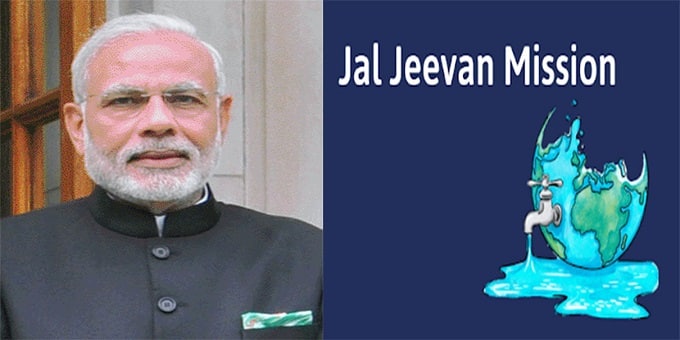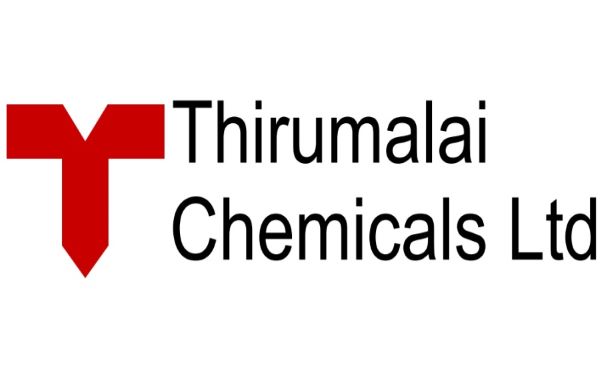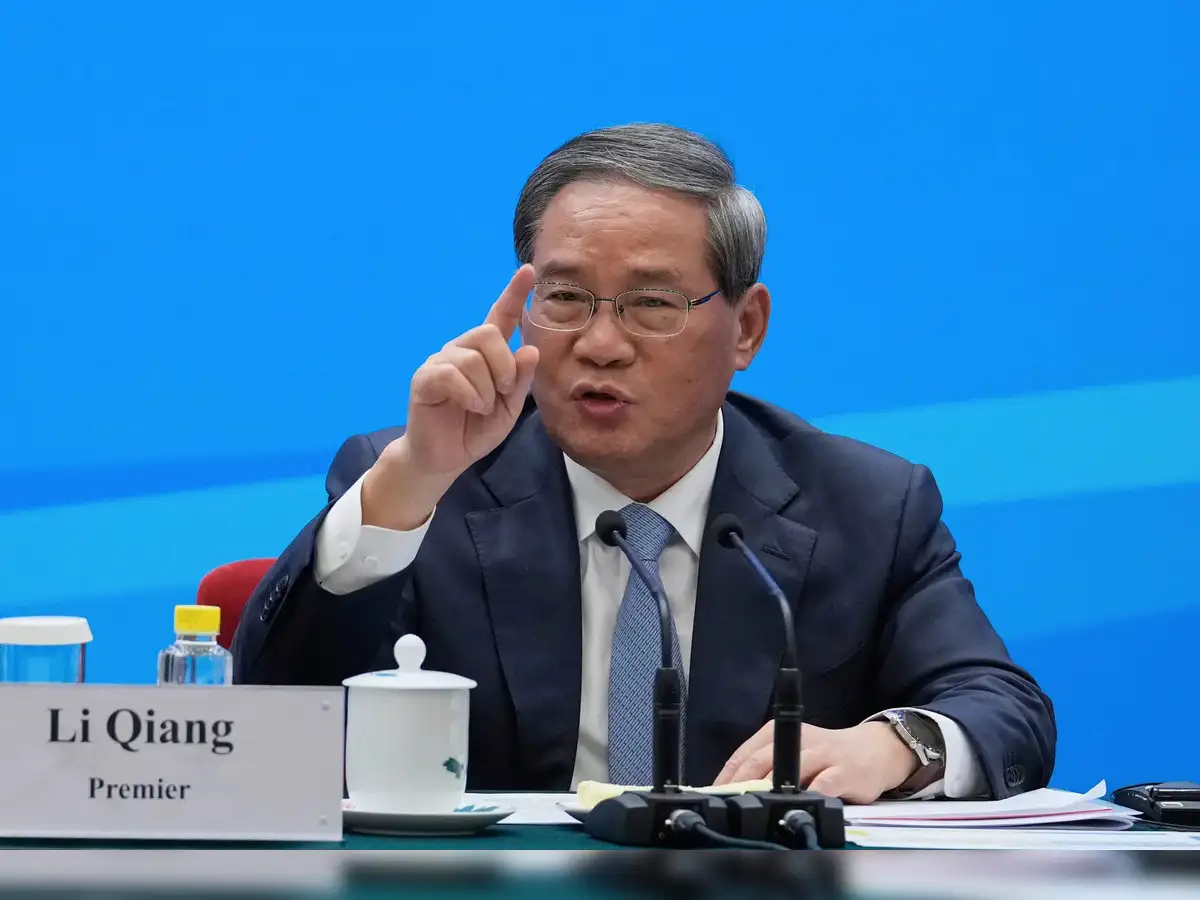 Image Source: AffairsCloud.com
Image Source: AffairsCloud.com
Prime Minister Narendra Modi today marked the sixth anniversary of the Jal Jeevan Mission (JJM), a flagship initiative that has revolutionized access to clean drinking water across rural India. Launched on August 15, 2019, the mission has now reached a milestone of providing tap water connections to over 15.44 crore households, covering nearly 80% of rural homes nationwide2.
In a series of posts on social media platform X, PM Modi celebrated the mission’s achievements, emphasizing its impact on dignity, health, and empowerment. “We mark #6YearsOfJalJeevanMission, a scheme that focuses on dignity and transforming lives. It has also ensured better healthcare, especially for our Nari Shakti,” he wrote.
A Mission Rooted in Empowerment
The Jal Jeevan Mission was launched with the ambitious goal of delivering safe and adequate drinking water through individual household tap connections by 2024. While the deadline has been extended, the progress has been remarkable. From just 3.23 crore households with tap water in 2019, the number has surged to over 15 crore in six years.
The scheme has had a profound impact on rural health and sanitation. By reducing dependence on contaminated water sources, it has helped curb waterborne diseases and improved overall health outcomes. The availability of tap water has also freed women and girls from the daily burden of fetching water, allowing them to pursue education, employment, and personal growth.
Nari Shakti at the Forefront
PM Modi highlighted the mission’s role in empowering women, calling it a “game-changer” for India’s Nari Shakti. Women in rural areas, who traditionally bore the responsibility of collecting water, now have more time and energy to invest in their families, communities, and careers. The scheme has also encouraged female participation in water governance, with women being trained to test water quality and manage local water resources.
Sustainability and Community Participation
One of the mission’s key strengths lies in its emphasis on community ownership and sustainability. Local governance institutions, such as Gram Panchayats and Village Water and Sanitation Committees, play a central role in planning, implementing, and maintaining water supply systems. This bottom-up approach ensures that solutions are tailored to local needs and that communities remain invested in long-term success.
The mission also promotes water conservation and source sustainability, encouraging rainwater harvesting, groundwater recharge, and reuse of greywater. These efforts are crucial in a country where water scarcity and climate change pose growing challenges.
The Road Ahead
With nearly 80% of rural households now connected, the government aims to achieve 100% coverage in the coming years. The Jal Jeevan Mission is not just a public utility program—it’s a model for inclusive development, health equity, and environmental stewardship.
As India prepares to celebrate its 78th Independence Day, the success of the Jal Jeevan Mission stands as a testament to what focused governance, community engagement, and political will can achieve. It’s a story of transformation—one tap at a time.
Sources: PM India Official Website, The Statesman Coverage, Press Information Bureau Release
Advertisement
Advertisement






